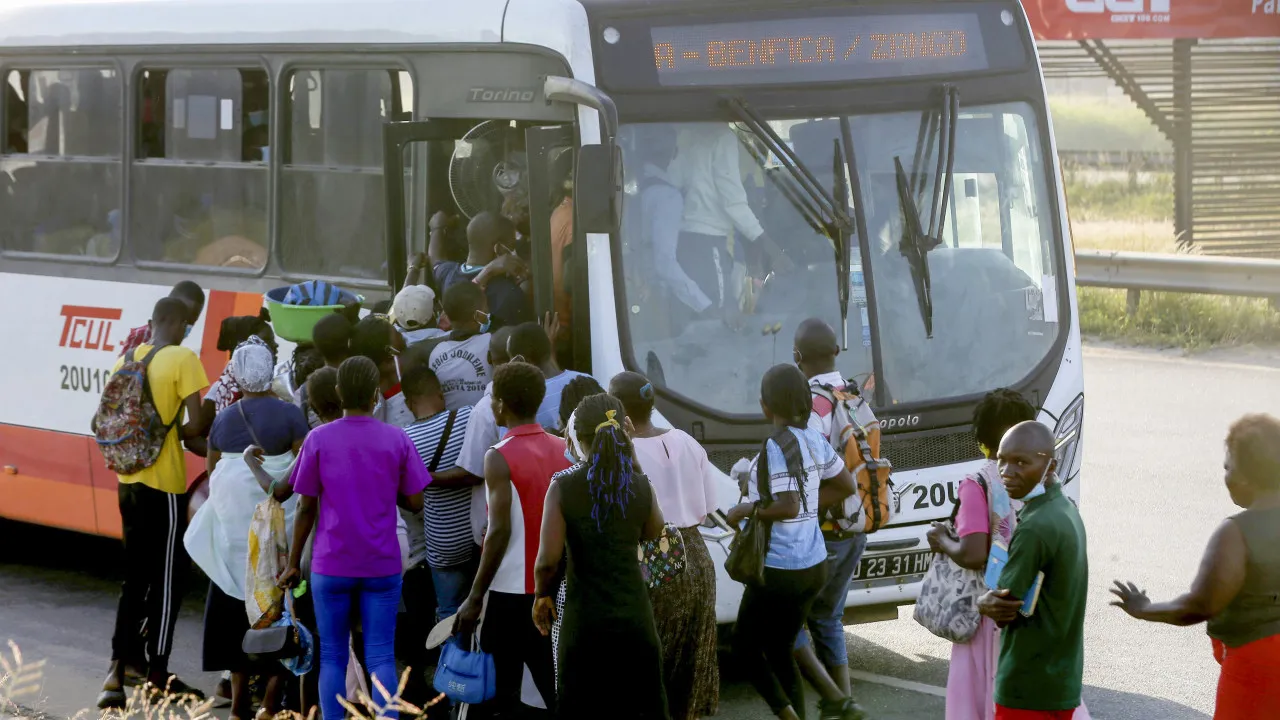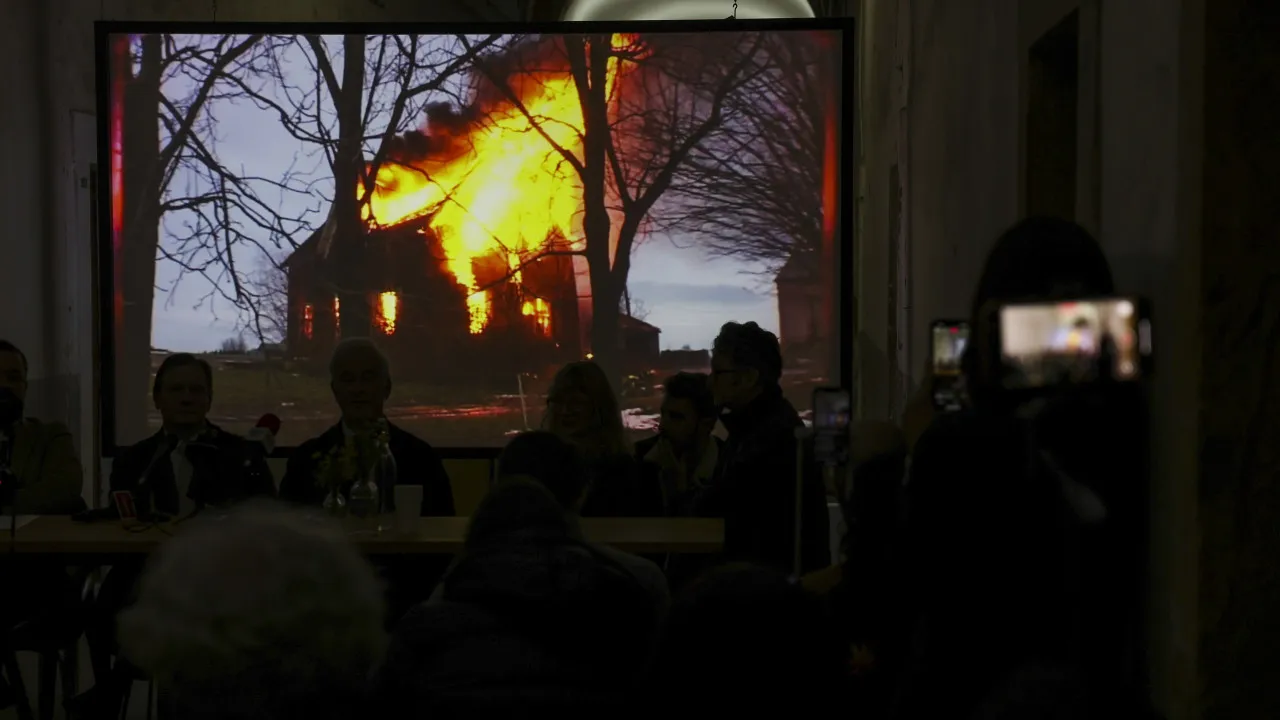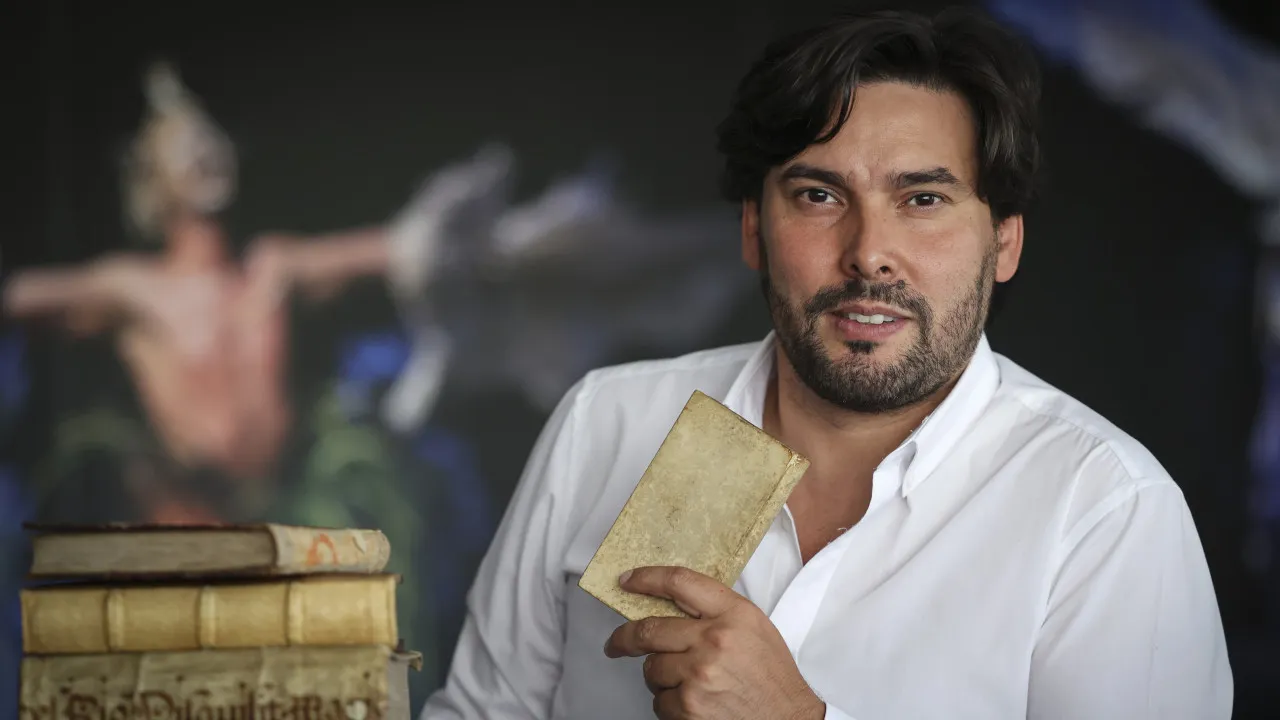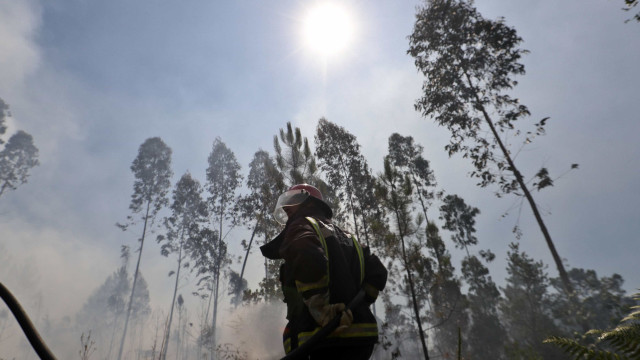He left university and his bourgeois home in Porto to live without electricity or water, washing in the collective tank after the factory, against “fascism, the colonial war and misery”, until freedom arrived 50 years ago.
A member of the Portuguese Marxist-Leninist Communist Organization (OCMLP), Manuela Juncal, now 74, was also Manuela Gonçalves, or Nelinha: in the 3rd year of her degree, the 22-year-old student from Porto chose to live underground in Brito, Guimarães.In the 3rd year of her degree, the 22-year-old architecture student from Porto chose to live underground in Brito, Guimarães, became a weaver, “carried water in a pitcher”, washed and scrubbed like the others, hid books and a copy machine to make pamphlets, distributed them at night, her hair wrapped up in a hat, tall and thin, her face dirty, “she passed well for a boy”.
At the end of the shift, Manuela “did the chores” and her partner, then husband (Tito Agra Amorim), helped “as much as he could”, but it couldn’t be much.
“He even wanted to do the washing up, I stopped him: We don’t go to Mass anymore, you’re washing clothes in the tank? No way. It would have been the end of the world,” recalls Manuela, a retired architect, in an interview with Lusa on her return to Brito, on the occasion of the 50th anniversary of the Carnation Revolution.
The couple then put into practice the implantation advocated by the OCMLP, a “concept that existed everywhere there were Maoists” and which consisted of “moving students, children of the bourgeoisie, into working-class environments, to live like the workers”: “The bourgeoisie has to get to know the workers if it wants to be part of the class that was inevitably going to take power, according to Leninist Marxist ideas.”
Tito worked the night shift, because he earned 25% more pay and “that’s where most of the men were” in the textile factories, who then worked “around the clock”.
They were paid by the fortnight and “their salary was enough to go from Brito to Guimarães, have a coffee, walk around and come back in the van”, “it was no longer enough to eat a cake”.
At home, the meals were eggs, sausages, tuna, some fish, pork, sporadically – there weren’t that many butchers and, in fact, “there was no money”.
They had “potatoes on a plot of land shared with a neighbor,” as well as onions and kale. “Some people had chickens, but I couldn’t kill them,” says Manuela.
“I remember my neighbor’s eldest daughter cutting potatoes very thin so that they would boil quickly, so that we could eat quickly, because we were so hungry,” she recalls.
Manuela never imagined that “the house was in such bad condition, that she would wash clothes in the winter in the collective tank, the water freezing”, or take “something like a bath in a big basin with a watering can”.
The daughter of a couple of lawyers, she grew up in a house with two maids, and between the ages of 17 and 18 she studied in the United States. On her return, she began to “suffocate” in a country where “everything was gray and forbidden” and “everything seemed wrong”, even “a girl alone in a café”, or “wearing a bikini”.
“I was fined 25 pennies for kissing a boyfriend on a park bench. And it was a peck, not a Hollywood kiss. I wanted to be an architect, but there were no female architects. In books, all the heroes were men. My mother, a lawyer, had to ask my father for special permission to go to Corte Inglés in Vigo,” she recalls.
Manuela “saw no future” and mobilized with a “huge sense of injustice” for “a life that could be better” and against the colonial war.
“Fascism was about a lot of things: political prisoners and the dead, but also things like only heads of household being able to vote. If I was married, I wouldn’t vote. My first child was born in 1976 and my mother immediately said ‘you have to get married, otherwise the baby will be born to an unknown father’. Just like the woman who, being married, could register her child as the child of an unknown mother. There was a male citizen who was the father, but we didn’t know who the mother was. Son of an unknown mother,” she scandalizes.
The young woman, who was wanted by the political police for “student activities”, felt “attracted by the possibility of finding a dialogue” with the workers, in order to make them aware of the need to put an end to that political situation”.
“It almost didn’t happen, I only worked with women. There were concepts that were read differently in the female world. A free woman was an insult. It still is today,” she says.
On April 25, 1974, in the café where they went to eat their broth, during their shift break, the radio was broadcasting echoes of what had happened in Lisbon. Nelinha whispered to a colleague: “Is it freedom?”. What do I want freedom for? I’m a serious woman”.
A week later, on May 1st, Guimarães was “a sea of people”, everyone shouting “Freedom”, her colleague from the factory too. “It was beautiful to see, it was the most beautiful thing I’ve seen in my life.”
Nelinha says she has learned a lesson: “People don’t really know what’s wrong and one day they have the opportunity to express it and they do, overnight. Revolutions are not ordered. They happen when those at the top can’t take it and those at the bottom can’t take it.”








